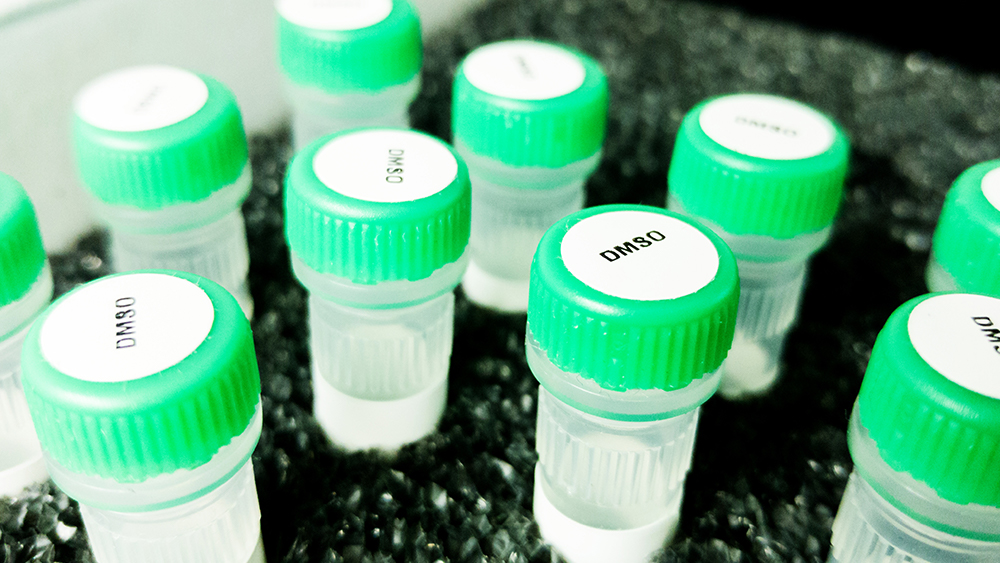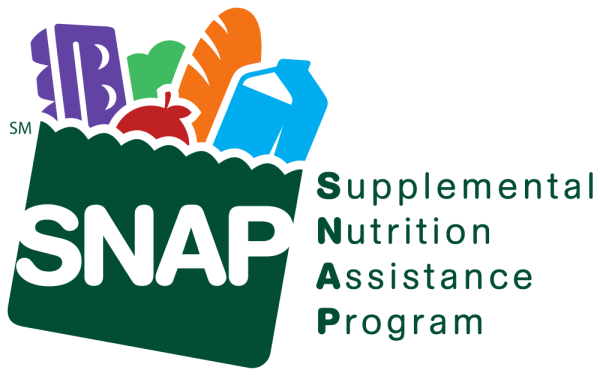 Parler
Parler Gab
Gab
- Emulsifiers like polysorbate 80, commonly used in processed foods to enhance texture and stability, are now linked to potential health risks. Emerging research suggests these additives may contribute to gut inflammation, metabolic disorders and even cancer, prompting concerns about their widespread use.
- Studies, including a 2015 Nature study by Benoit Chassaing, reveal that emulsifiers disrupt the balance of gut bacteria, leading to increased bacterial translocation and chronic inflammation. This disruption is associated with conditions such as Crohn’s disease and ulcerative colitis, and recent research links emulsifier consumption to cardiovascular disease and cancer.
- Despite growing evidence, emulsifiers have long been considered "Generally Recognized as Safe" (GRAS) by the FDA. The HHS is now scrutinizing these additives as part of its "Make America Healthy Again" initiative. However, industry groups like the Consumer Brands Association defend emulsifiers, citing past studies, while critics argue for updated regulations in light of new microbiome research.
- Avoiding emulsifiers is challenging due to their prevalence in thousands of products, including those marketed as "healthy." The lack of consistent labeling and clear information makes it difficult for consumers to make informed choices.
- The debate over emulsifiers highlights the broader conflict between food technology, corporate interests and public health. Experts and consumers alike are calling for stricter regulatory oversight and clearer labeling to ensure transparency and protect public health. As research continues to evolve, the FDA faces pressure to reevaluate its stance on emulsifiers and other food additives.
The microbiome crisis: How emulsifiers alter your body
Emulsifiers—found in everything from ice cream to salad dressing—were once just tools for texture and stability. Today, they’re at the center of a scientific reckoning. A landmark 2015 Nature study by researchers including Benoit Chassaing at France’s National Institute of Health revealed that agents like polysorbate 80 disrupt mucus-bacteria interactions in the gut, increasing bacterial translocation across intestinal walls. This process may fuel chronic inflammation, a driver of diseases like Crohn’s and ulcerative colitis. “The data is damning. These chemicals are altering gut bacteria in ways that promote inflammation, possibly explaining rises in inflammatory bowel disease since their widespread use,” says Chassaing. His work aligns with a 2023 BMJ study linking emulsifiers to cardiovascular disease and a 2024 PLOS Medicine report tying higher consumption of polysorbate 80 and carrageenan to increased cancer risk in 92,000 French adults. Yet, Chassaing acknowledges gaps: “Large-scale human trials are urgently needed to confirm these associations.”A regulator’s dilemma: Science vs. industry
For decades, emulsifiers like polysorbate 80 have been deemed “Generally Recognized as Safe” (GRAS) by the U.S. Food and Drug Administration (FDA). But as the microbiome—crucial for immune function and digestion—emerges as a health frontier, regulators are playing catch-up. Martin Makary, Trump-appointed FDA commissioner, hinted at this shift during his 2023 Senate confirmation: “The microbiome’s role in health demands scrutiny of ingredients long considered inert.” HHS has now flagged emulsifiers alongside petroleum-based dyes in its push to curb ultraprocessed foods. But industry resistance runs deep. The Consumer Brands Association defends emulsifiers, claiming they’ve been “rigorously studied”—a stance critics call outdated. “When these chemicals were first permitted, microbiome impacts weren’t on the radar,” says Robert Califf, former FDA leader. “Now, the science is there, but the regulatory framework isn’t.”Shopping as an experiment: A consumer’s dilemma
Navigating the aisles without emulsifiers is daunting. The Environmental Working Group’s database lists polysorbate 80 in over 2,000 products, xanthan gum in 17,000 and carrageenan in 8,000. Even “healthy” brands aren’t immune: Whole Foods’ packages may hide additives like carrageenan and maltodextrin under innocuous labels. “Consistent naming would help, but the FDA hasn’t prioritized this,” says Cleveland Clinic researcher Christine McDonald. For some, like Lewis Rands, a self-described genetic scientist with Crohn’s disease, avoiding emulsifiers was life-changing. After a dietitian’s advice, he cut out polysorbate 80-laden Ben & Jerry’s for Häagen-Dazs, reporting greater relief than from medication. “It’s business as usual for regulators… but on the ground, people are healing themselves,” he says. However, studies contradict: a small Australian trial in 24 Crohn’s patients found no improvement with reduced emulsifiers—a result its authors caution against overinterpreting due to limited scope.A call for clarity—and a healthier bite
The debate over emulsifiers mirrors broader tensions between food technology, corporate profit and public health. As research piles up, a growing chorus urges stricter oversight and clearer labels. “Consumers deserve transparency, not chemical roulette in their groceries,” argues Chassaing. The FDA faces mounting pressure to reconcile its historical approvals with new findings. Meanwhile, one thing is clear: in the war on ultraprocessed foods, polysorbate 80 is just the tip of the iceberg. For now, the burden falls on conscientious consumers—a situation most experts agree is unsustainable. Sources include: ChildrensHealthDefense.org MiamiHerald.com NaturalPedia.comPat McGrady Sr. reveals DMSO’s medical potential and the story of its persecution
By Ramon Tomey // Share
Trump administration approves waivers to ban junk food from SNAP
By Laura Harris // Share
Health Revealed project launches to promote health sovereignty and expose medical authoritarianism
By Finn Heartley // Share
Governments continue to obscure COVID-19 vaccine data amid rising concerns over excess deaths
By patricklewis // Share
Tech giant Microsoft backs EXTINCTION with its support of carbon capture programs
By ramontomeydw // Share
Germany to resume arms exports to Israel despite repeated ceasefire violations
By isabelle // Share










